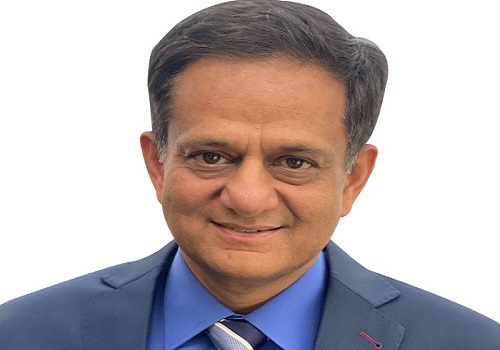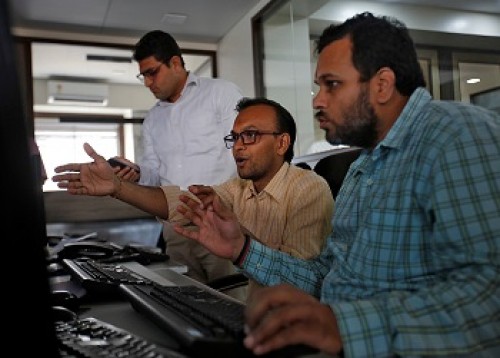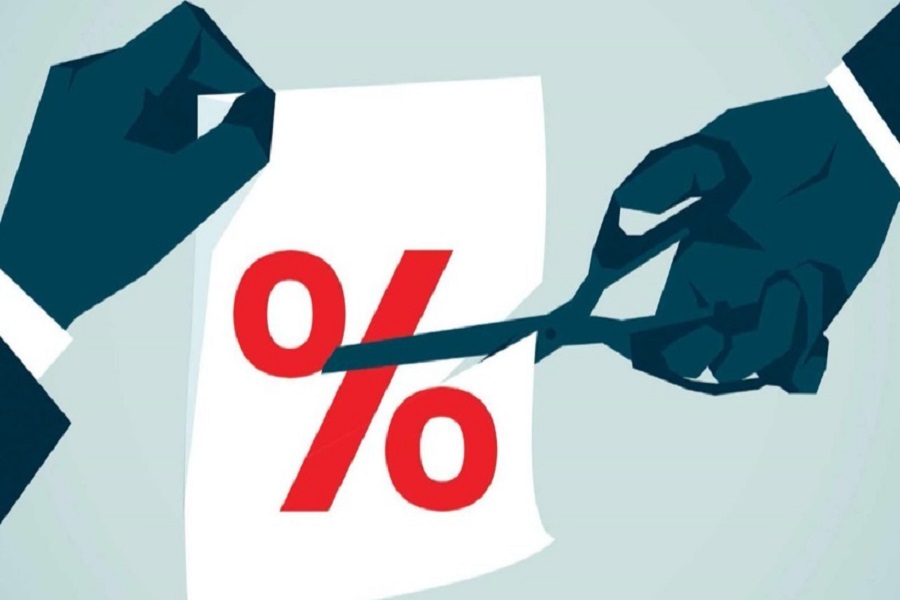FDI in startups needs tax exemption: Wadhwani Foundation

The government should consider exempting foreign direct investment in the countrys startup ecosystem, currently worlds third largest, from levying taxes to keep the growth momentum going, Wadhwani Foundation, which handholds start-ups though various programmes, said in its Budget wishlist.
"Since Indian start-ups are increasingly going global, the government should look at tax exemptions in foreign direct investments and maintain a sharp focus on startup infrastructure development," said Foundation's COO (India & South-East Asia) Sanjay Shah in an exclusive interaction with IANS.
Going by the number of startups and unicorns, only the US and China are ahead of India's startup ecosystem.
India has more than 400 incubators which have been instrumental in providing critical resources and services like access to mentors and investors, creating a robust business plan, shared administrative services, networking and expert advice on product lines among others to startups.
With an estimated 250 unicorns by 2025 from a little over 100 now and $180 billion of total funding by CY23, India's startup ecosystem is well-positioned to leverage the availability of young talent with the ideal combination of passion, knowledge, and a mindset to capitalise on the burgeoning opportunities in the startup world.
"Also, growth-stage startups with demonstrated capabilities should be provided with financial assistance for research and development, prototypes, product trials," Shah said.
The recent vibrancy of the startup ecosystem could be gauged from the fact that while it took India around seven to 10 years to get 100 unicorns, it is being estimated that the next 100 will come in another three to four years.
"We will get to the next 100 because the momentum is now spreading to secondary and tertiary cities, and we will see more startups emerge from smaller towns and cities. This calls for better hand-holding and providing fiscal and policy incentives to the entire startup ecosystem," Shah said.
Nearly 49 per cent of India's 60,000 start-ups are from Tier-II and Tier-III cities. The startup ecosystem rose exponentially between 2016 and 2022. With around $63 billion investment, 2021 was a breakthrough year for in terms of private equity and venture capital investments in India. The space became more and more broad-based with a number of start-ups looking beyond the technology domain towards consumer, financial services, logistics, agriculture etc.
"As India pursues its ambitious growth plans and aspirations of a $5 trillion economy, the increasing share of entrepreneurs in its social and economic landscape will play a crucial and decisive role in shaping India's future," Shah said.

















